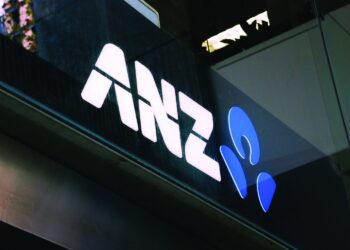Monash Business School’s Centre for Financial Studies has found that the modern slavery reporting quality of ASX 100 companies has improved substantially over the past three years since the commencement of modern slavery reporting obligations in Australia.
Namely, the centre’s third Modern Slavery Disclosure Quality Report revealed that 40 per cent of companies in the ASX 100 received an “A” rating for their modern slavery statements in FY2022, up from just 3 per cent two years earlier.
Over that period, 80 companies elevated their ratings while 24 maintained the same grades. Only one company was downgraded from their initial statement.
Comparing FY2022 to FY2021, the report revealed notable progress in the modern slavery disclosure quality ratings, with 33 companies upgraded, indicating their continued commitment to improving their disclosure standards. Additionally, 67 companies maintained their existing ratings, while five companies received a downgrade.
The Commonwealth Modern Slavery Act 2018 established a compulsory national Modern Slavery Reporting Requirement to review operations and supply chains in respect to modern slavery.
Commenting on the findings, senior research fellow at Monash Centre for Financial Studies, Dr Nga Pham, said the improvements underscore a growing dedication and commitment of resources to combating modern slavery among ASX 100 companies.
“Enhancements were evident in the disclosure of internal and external expertise, more refined risk identification and assessment processes, the development of robust key performance indicators and an increased focus on fostering external collaborations,” Dr Pham said.
However, Monash also revealed that E and F-rated statements still represented almost 6.4 per cent of the total in FY2022, with Janus Henderson receiving an F for the past three years in a row.
Meanwhile, the report outlined that many companies still neglect to disclose significant information, such as an explanation of the connection between the reporting entity and the identified risks, and how the reporting entity monitors the effectiveness of its efforts.
“The results show that modern slavery disclosure quality correlates with size and compensation structure, and companies linking environmental, social and governance to executive compensation tend to have better commitment of resources and better disclosure on the effectiveness of their modern slavery action,” Dr Pham said.
According to Monash, modern slavery describes situations where business owners use coercion, threats or deception to exploit workers and undermine their freedom.
Dr Pham explained that a recent review of the act has suggested that modern slavery reporting should follow a three-year cycle.
“In light of the recent review of the act and the recommendations outlined in the review report, it is crucial reporting entities remain vigilant to modern slavery risks in their operations and supply chains, and understand their reporting responsibilities,” she said.
“Although the MSA Review Report suggests modern slavery reporting should follow a three-year reporting cycle with interim reports, the government has not made a decision. Until then, it remains essential for statements to provide comprehensive disclosure in their entirety.”







